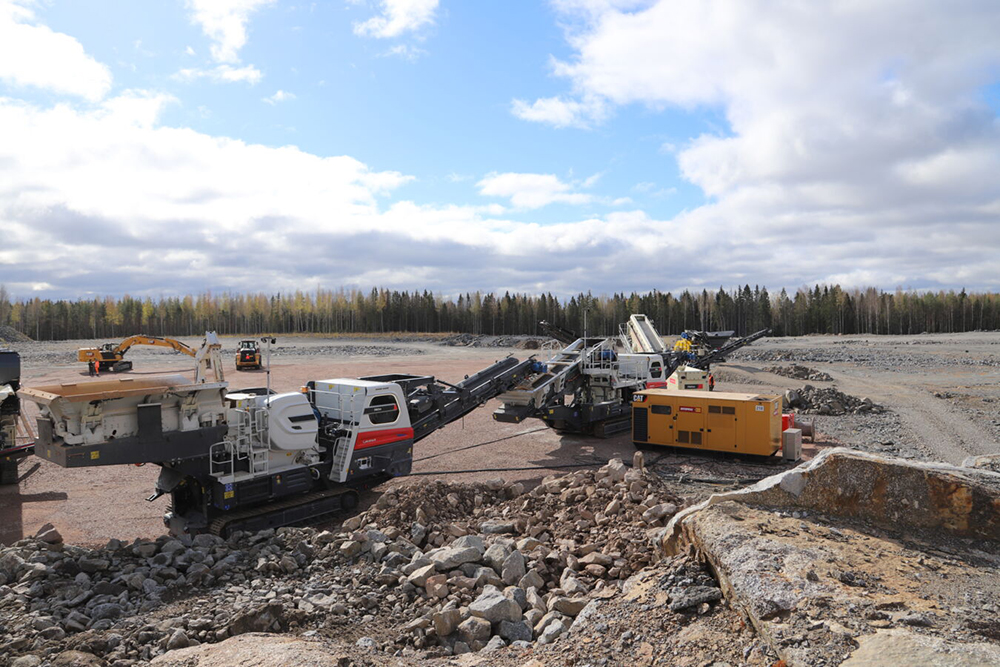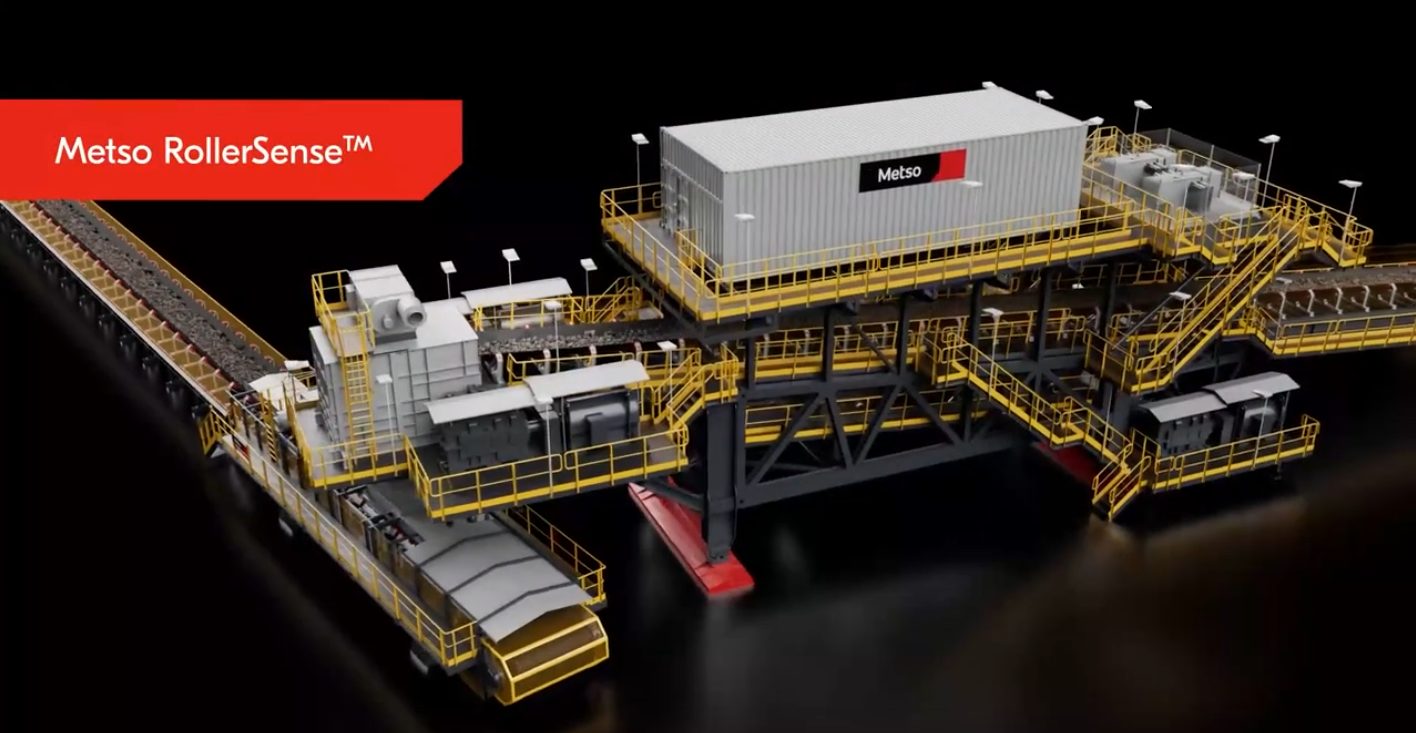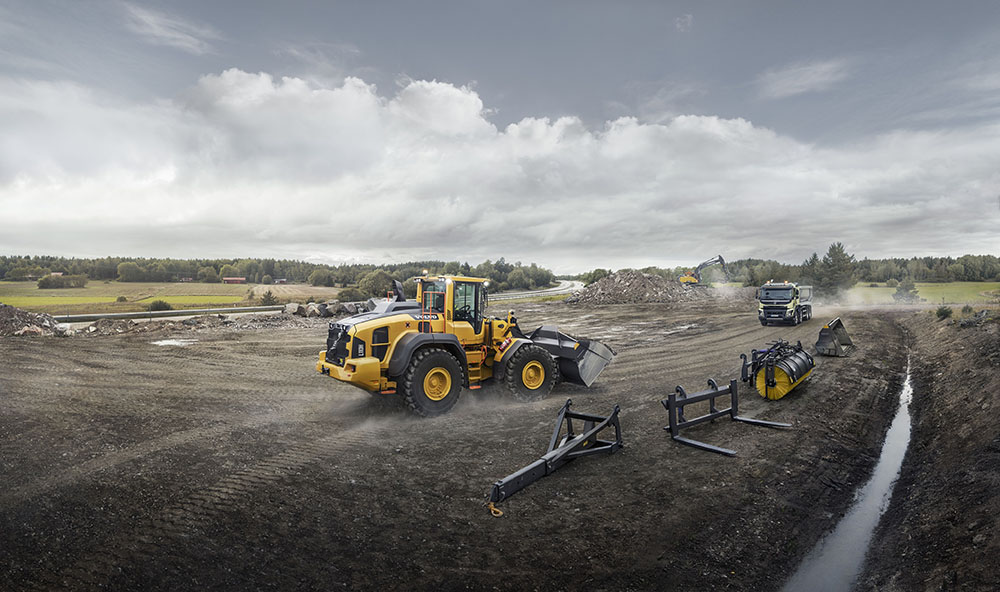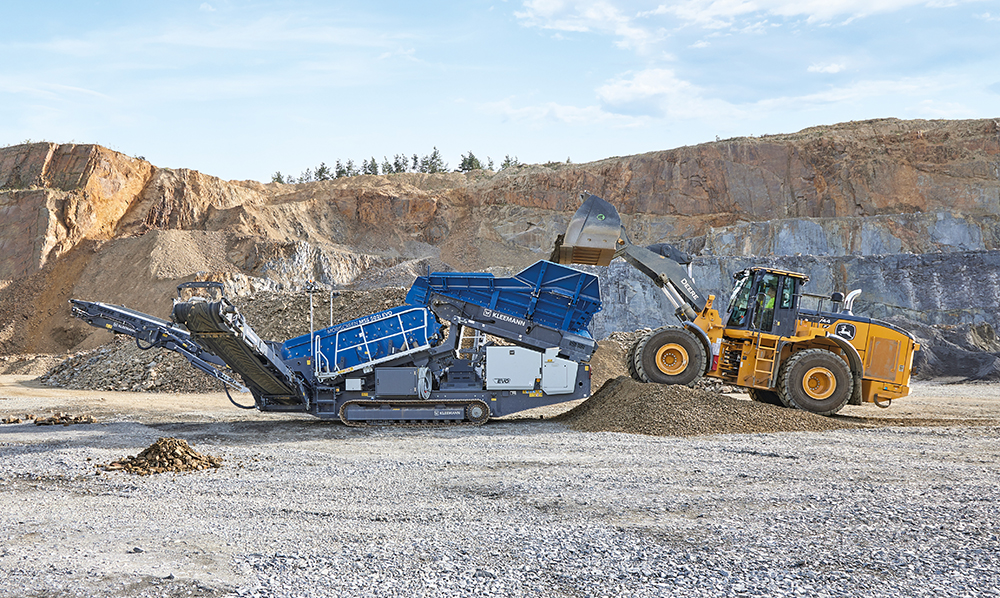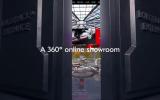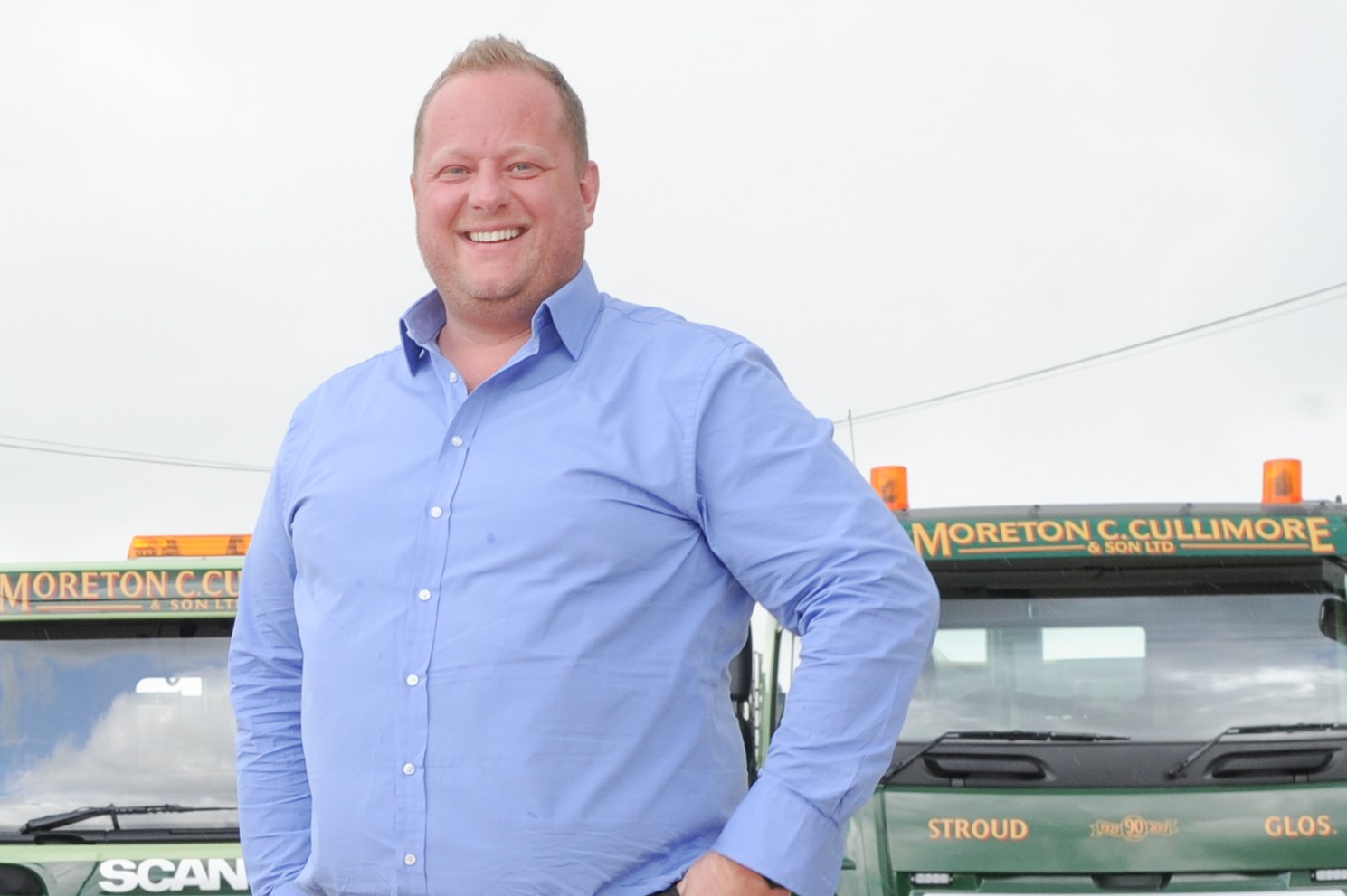
Moreton Cullimore, managing director of The Cullimore Group, a 90-year-old family run haulage and aggregates business, talks about his thoughts on the current urban regulations and the impact they may be having on the environment in parallel with the pressures they put on small businesses.
Currently in the UK, there are an estimated 500,000 heavy goods vehicles (HGVs). For smaller companies, owning vehicles and running them for the entirety of their life is much more cost-effective than having to buy new vehicles every few years. But, with new environmental and safety regulations for trucks and fleet operators continuously being added to the mix, it is becoming increasingly difficult for companies that buy their vehicles outright to hold onto them and not be forced into constant vehicle turnover, which itself is still harmful to the environment.
As the third generation in my family to manage The
ULEZ (ultra-low emission zone) and CAZ (clear air zones) are two of the most recent regulations being talked about which would create low emission zone in London by 2021, followed by Southampton, Derby, Nottingham, Leeds and Birmingham. In an attempt to reduce the amount of pollution in the air we breathe, the government has called on fleet operators to upgrade their vehicles to Euro 6 standards which they hope will cut down on exhaust NOx and PM emissions.
While these new regulations may be helping to reduce NOx and PM emissions, they are not having a major impact on the amount of CO2 that is released adding instead an even greater financial burden on small businesses.
To comply with the new regulations, truck operators are expected to upgrade their vehicles to the Euro 6 standard. To achieve this, manufacturers are now installing systems which introduce a liquid called AdBlue into the exhaust gasses of a vehicle which is sprayed into the immediate part of the exhaust, suppressing the noxious elements and making them stick to a filter. This directly impacts small businesses as the filter (which often needs changing) becomes an added cost alongside the rising cost of fuel and the AdBlue replenishments, which need replenishing quite frequently.
To make matters worse, the addition of this manufacturer-fitted technology, makes the vehicle heavier than in the past, and with no change in weight restrictions for the vehicle, the net result is less cargo carrying capacity, and more emissions being dispersed.
On a day-to-day basis, The Cullimore Group deliver thousands of tonnes of sand, gravel and other aggregates to construction sites in the UK, much like other haulage companies nationwide. When a customer orders 2,000 tonnes of material (a very common amount), it means we now make more trips to the site. Five or six years ago, on previous model Euro 5 standard vehicles, these materials were delivered in 100 trips, but now we have to carry one to one and a half tonnes less material, resulting in us having to make eight additional trips, contributing more CO2 into the environment. So, are we really being more efficient with our emissions? Is this not contradicting the end goal?
While it’s vital we find new and improved ways to reduce emissions, more care needs to be put into the way we go about it, not least to protect small business, as trucks tend to have a starting price tag of £100,000 at a minimum. Having constantly to scrap old vehicles and update to the newest version to comply with the latest regulations is not only costly, but all of the metal and engines then have to be disposed of and end up being moved around more. Greater efforts are needed to be able to achieve less overall vehicle waste globally.
We are trying to reduce emissions, but these very emissions are the pollutants that are dangerous to breathe, while CO2 continues to wreak havoc on the planet. If we want to make an impact on climate change, we need to also make an impact on CO2, but no one in our industry or politics is talking about what we’re doing with CO2 emissions from trucks.
There has been mutter around the possibility of electric trucks, and yes this would in turn reduce CO2 emissions significantly, but even electric trucks come with their own shortcomings. Batteries can’t support the workload of trucks, and they also contain mercury and lithium which are both highly poisonous and produce significant pollution themselves. So, the question is which option is the best for the environment? Is there an alternative in the long run?
Trucks are important to our everyday lives; they are vital to our society and our economy. They are the principle deliverer of goods to our stores which then make their way into our homes. We need to find ways to improve the transport industry for our environment without damaging the businesses which operate in it by taxing and costing them off the roads. Creating detours which lengthen trips and lessen weight allowances won’t fix the problem, we need to find ways to get to locations with less miles on shorter detours while we search for new technologies to reduce carbon emissions.
Ultimately, businesses need to respect the newest regulations coming into force, and if the new regulations aren’t going to tackle CO2, then businesses will have to find their own ways to reduce their carbon footprint.
At The Cullimore Group, we always try to stay at least one step ahead when it comes to our carbon footprint and the impact we are having on the environment. As a fleet operator, the only thing I have control over is how I run things, and if it can be done in a way that reduces our carbon footprint, then I make sure to rectify that.
I take great pride in training my drivers to operate vehicles safely and fuel efficiently, but with urban access regulations restricting many of the roads we take, we have to find alternative routes which take longer and burn more fuel, all in all making them less efficient. As a result, I am managing and scheduling our vehicles as efficiently as possible while taking the most fuel efficient routes. And, servicing our vehicles regularly to the highest of standards so they operate as efficiently as possible. All of this can reduce wasteful miles while moving the maximum amount of cargo with the smallest pollutive footprint possible.
If other haulage companies strive to do the same while a greener solution for trucks is found, then we can unite in lowering our carbon footprint while complying with ever-changing environmental vehicle regulations.


